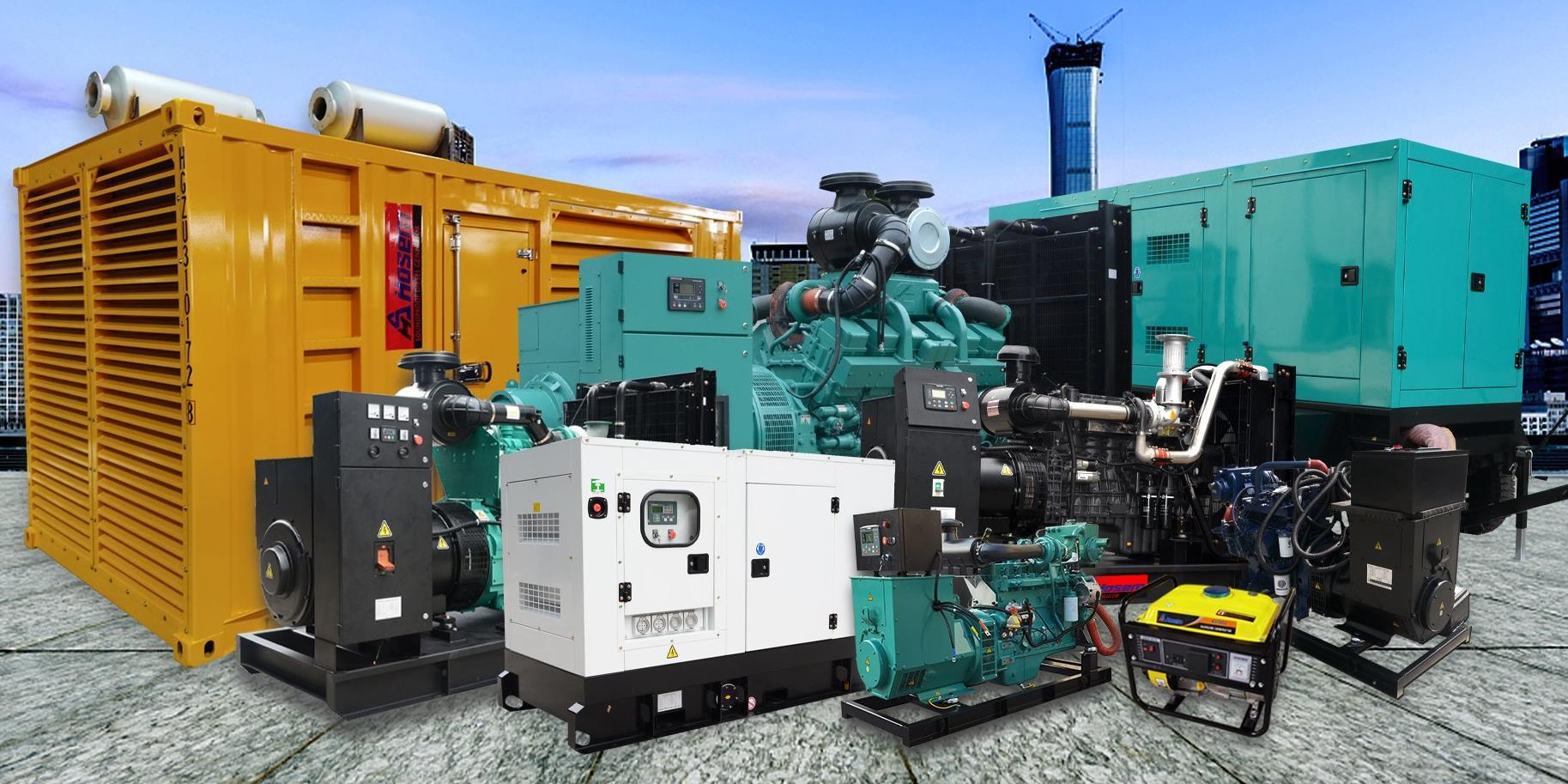Choosing the right generator for your needs is crucial for ensuring reliable power during outages, supporting essential appliances, and maintaining productivity in various settings. Whether you’re looking for a generator for home use, business, or industrial applications, there are several key factors to consider. This guide will help you navigate the process of selecting the perfect generator for your specific requirements.
1. Determine Your Power Requirements
Assess Your Power Needs
The first step in choosing a generator is to determine how much power you need. Make a list of the essential appliances and equipment you want to power and their wattage requirements. Don’t forget to consider the starting wattage for appliances with motors, such as refrigerators and air conditioners, which can be significantly higher than their running wattage.
Calculate Total Wattage
Add up the wattage of all the items you need to power simultaneously. This will give you a rough estimate of the generator capacity you require. For example, if your total wattage is 5000 watts, you’ll need a generator that can handle at least that load.
2. Choose the Type of Generator
Portable Generators
Portable generators are versatile and can be used for various applications, including home backup, outdoor events, and construction sites. They are typically powered by gasoline, diesel, or propane and can be moved to different locations as needed. Portable generators are available in a wide range of power capacities, making them suitable for both small and large power needs.
Standby Generators
Standby generators are permanently installed outside your home or business and automatically turn on during a power outage. They are usually powered by natural gas or propane and provide a seamless transition of power. Standby generators are ideal for providing continuous power to critical systems and appliances, ensuring that your home or business remains operational during an outage.
Inverter Generators
Inverter generators produce clean and stable power, making them ideal for sensitive electronics such as computers and medical equipment. They are usually quieter and more fuel-efficient than traditional generators. Inverter generators are perfect for recreational use, camping, and powering small appliances during short-term outages.
3. Fuel Type and Efficiency
Gasoline
Gasoline is widely available and easy to use, making it a common choice for portable generators. However, gasoline generators may require frequent refueling and have a shorter shelf life for stored fuel.
Diesel
Diesel generators are more fuel-efficient and have a longer lifespan compared to gasoline generators. They are commonly used in industrial and commercial applications. Diesel fuel is also safer to store and has a lower risk of ignition.
Propane
Propane generators offer cleaner burning fuel with fewer emissions. Propane can be stored indefinitely, making it a reliable choice for standby generators. However, propane generators may have lower fuel efficiency compared to diesel and gasoline options.
Natural Gas
Natural gas generators are connected to your home’s gas line, providing an unlimited fuel supply during an outage. They are typically used for standby generators and offer convenience and reliability. However, they may not be suitable for portable applications.
4. Additional Features to Consider
Automatic Transfer Switch (ATS)
An ATS allows your standby generator to automatically switch on during a power outage, providing seamless power transition. This feature is crucial for ensuring continuous power without manual intervention.
Noise Level
Consider the noise level of the generator, especially if you plan to use it in residential areas or during camping trips. Inverter generators are generally quieter than traditional models, making them a better choice for noise-sensitive environments.
Portability
If you need a generator for multiple locations or outdoor activities, look for models with wheels and handles for easy transportation. Portable generators should be lightweight and compact for convenience.
Parallel Capability
Some inverter generators offer parallel capability, allowing you to connect two units to increase power output. This feature is useful if you need additional power without upgrading to a larger, heavier generator.
5. Budget and Warranty
Set a Budget
Generators come in a wide range of prices, depending on their type, power capacity, and features. Determine your budget and prioritize the features that are most important to you. Remember that investing in a reliable generator can save you from costly power interruptions in the future.
Warranty and Support
Choose a generator with a good warranty and reliable customer support. A comprehensive warranty provides peace of mind and protection against potential defects or issues. Check the manufacturer’s reputation for customer service and availability of replacement parts.
Conclusion
Selecting the right generator involves careful consideration of your power needs, the type of generator, fuel efficiency, additional features, and your budget. By assessing these factors, you can choose a generator that provides reliable power for your home, business, or recreational activities. Remember to consult with a professional if you have any doubts or specific requirements to ensure you make the best choice for your needs.
Stay tuned to our blog for more expert advice and insights on choosing and maintaining your power solutions!

